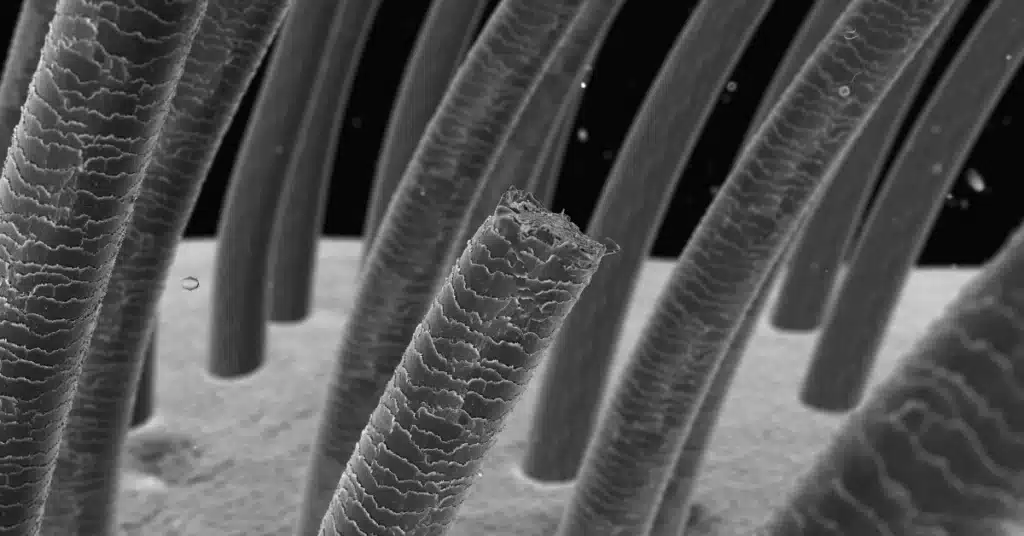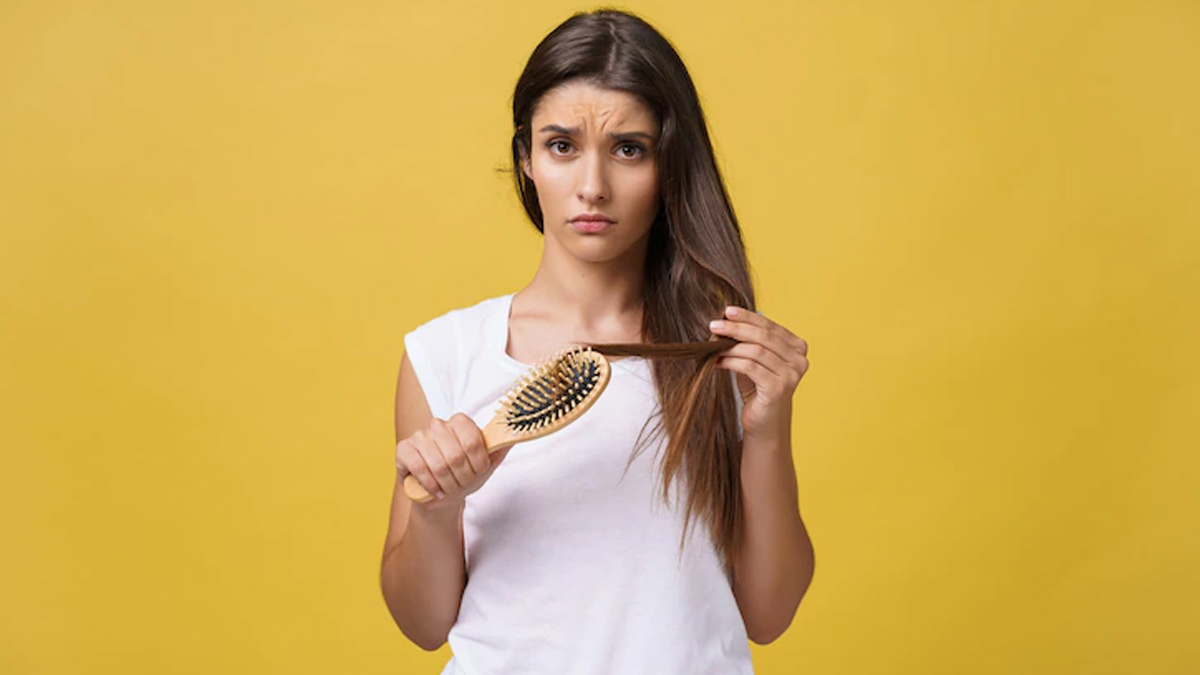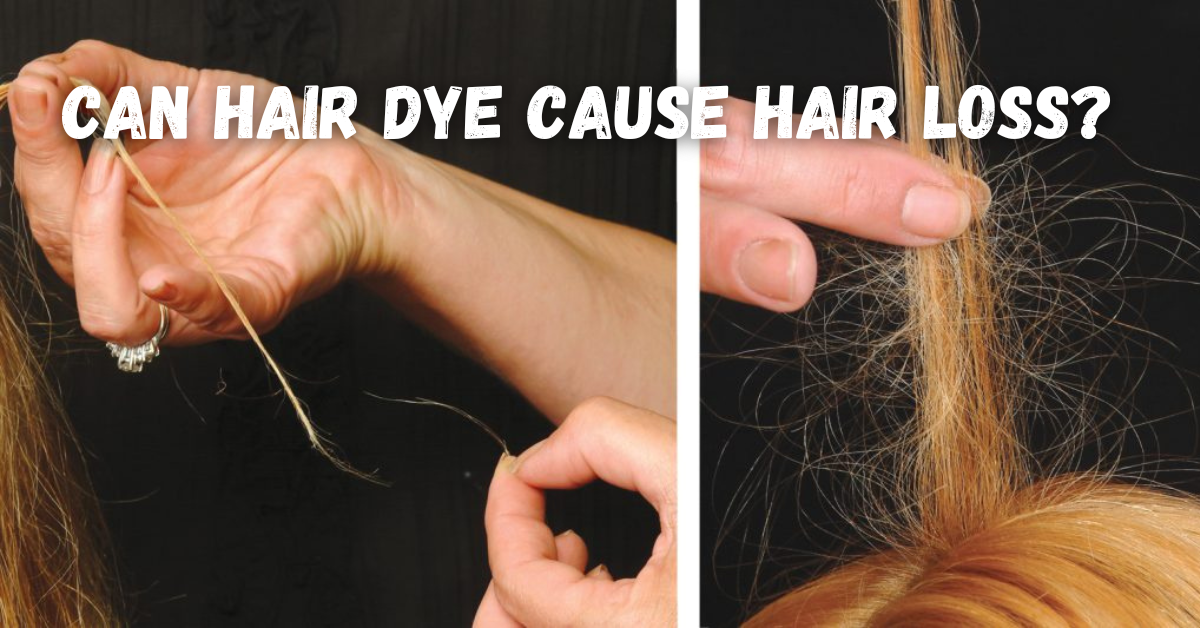Do Bumptoppers Cause Hair Loss? Let's Dive Into The Truth
Hey there! If you've been wondering whether bumptoppers might be contributing to hair loss, you're not alone. With all the buzz around scalp treatments and massagers these days, it's only natural to have questions. Lucky for you, this guide is here to break it all down. We'll explore what bumptoppers really do, how they affect your hair health, and whether they could actually lead to hair loss. So, let's get started!
Over the past few years, scalp massagers, especially bumptoppers, have become all the rage in the beauty and health world. People are excited about their potential to boost hair growth, but as with any product, it’s important to weigh the pros and cons. Hair loss is such a personal and sensitive topic for so many of us, so understanding how scalp stimulation plays a role is key. This article will take a deep dive into the science, expert opinions, and real-life experiences to help you make the best decision for your hair care routine.
What You'll Find in This Guide
- Getting to Know Bumptoppers
- How Bumptoppers Work Their Magic
- Busting Hair Loss Myths
- The Science Behind Bumptoppers
- Do Bumptoppers Really Cause Hair Loss?
- The Perks of Using Bumptoppers
- Potential Risks and Side Effects
- What Else Can You Try Besides Bumptoppers?
- What the Experts Have to Say
- Wrapping It Up
Getting to Know Bumptoppers
Bumptoppers are these cool little scalp massagers designed to get your blood flowing in the scalp area. They’ve gained so much traction because they promise healthier, stronger hair growth. You’ll find them in all sorts of designs—handheld gadgets, brushes, or rollers. Many users rave about how their scalp feels healthier and their hair stronger after sticking with it regularly. But here’s the burning question: could using a bumptopper actually cause hair loss?
Read also:Movierulz Kannada 2024 What You Need To Know
What Exactly Are Bumptoppers Anyway?
A bumptopper is essentially a device covered in small, raised bumps or nodes. These bumps are designed to gently massage your scalp, boosting blood flow. That increased circulation helps deliver nutrients to your hair follicles, which can encourage growth and improve scalp health. But let’s face it, when we’re talking about hair loss, it’s natural to be a little skeptical. Does using a bumptopper really lead to shedding?
Why Is Hair Loss Such a Big Deal?
Hair loss is a huge concern for millions of people worldwide. Whether it’s due to genetics, stress, or other external factors, losing hair can really hit us where it hurts—our self-esteem and confidence. With scalp massagers like bumptoppers becoming more popular, it’s totally understandable that users would want to know if these tools could contribute to shedding or hair loss. After all, no one wants to accidentally make things worse while trying to make them better.
How Bumptoppers Work Their Magic
So, how exactly do bumptoppers do their thing? It’s all about applying gentle pressure to your scalp, which helps stimulate blood circulation. That extra blood flow delivers essential nutrients and oxygen to your hair follicles, potentially giving them the boost they need to grow stronger, healthier hair. Plus, scalp massage is great for reducing tension and stress, which are common culprits when it comes to hair shedding.
Key Mechanisms of Bumptoppers
- Boosts blood circulation for healthier follicles
- Relaxes scalp tension, reducing stress-related shedding
- Improves nutrient delivery to hair follicles
- Promotes natural oil production for a hydrated scalp
Busting Hair Loss Myths
Before we dive deeper into bumptoppers and hair loss, let’s clear up some common misconceptions about hair shedding. There are a lot of myths floating around out there, and it’s important to separate fact from fiction.
Myth 1: Brushing Your Hair Causes Hair Loss
Here’s the deal: brushing your hair doesn’t inherently lead to hair loss. In fact, regular brushing can actually help distribute natural oils throughout your hair, keeping it healthy and shiny. However, brushing too much or using the wrong tools can cause breakage, so it’s all about finding the right balance.
Myth 2: Scalp Massagers Always Lead to Hair Loss
This one’s a big nope. Scalp massagers like bumptoppers aren’t automatically bad for your hair. When used properly, they can actually improve scalp health and promote hair growth. That said, if you go overboard or use them incorrectly, you might irritate your scalp or experience some temporary shedding. But hey, that doesn’t mean they’re causing long-term damage.
Read also:The Fappening A Wakeup Call For Privacy And Cybersecurity
The Science Behind Bumptoppers
Research shows that scalp massage really can enhance hair growth by increasing blood flow to the scalp. One study published in the Journal of Clinical and Diagnostic Research in 2016 found that participants who got regular scalp massages had thicker, denser hair compared to those who didn’t. That’s some pretty compelling evidence!
Key Findings from Research
- Scalp massage can increase blood flow by up to 35%
- More blood flow means more nutrients getting to those hair follicles
- Consistent scalp massage can help reduce stress-related hair shedding
Do Bumptoppers Really Cause Hair Loss?
For the most part, bumptoppers are safe and effective. But if you’re too aggressive with them or use them way too often, you might irritate your scalp and cause some temporary shedding. The good news is that this shedding is usually just a short-term thing and doesn’t mean you’re losing hair permanently. Hair loss is often tied to other factors, like genetics, hormonal imbalances, stress, or even medical conditions like alopecia.
Factors Contributing to Hair Loss
- Genetic predisposition
- Hormonal fluctuations
- High stress levels
- Poor nutrition
- Medical conditions like alopecia
The Perks of Using Bumptoppers
Despite any concerns about hair loss, bumptoppers offer a ton of benefits for your scalp and hair health. Used correctly, they can boost circulation, reduce stress, and encourage natural oil production. Let’s take a closer look at some of the biggest advantages:
1. Enhanced Scalp Circulation
That increased blood flow delivers essential nutrients to your hair follicles, giving them the fuel they need to grow strong, healthy hair.
2. Stress Relief
Massaging your scalp with a bumptopper is a great way to unwind and de-stress. In today’s fast-paced world, that little bit of relaxation can go a long way for your overall well-being.
3. Improved Natural Oil Production
Using a bumptopper regularly can stimulate sebum production, keeping your scalp hydrated and preventing dryness. A happy scalp is a healthy scalp!
Potential Risks and Side Effects
While bumptoppers are generally safe, there are some risks if you don’t use them properly. These can include scalp irritation, temporary shedding, or just general discomfort. To stay on the safe side, make sure you follow the manufacturer’s instructions and don’t overdo it.
How to Safely Use a Bumptopper
- Use gentle pressure when massaging your scalp
- Limit each session to 5-10 minutes
- Avoid using the device on sensitive or irritated skin
What Else Can You Try Besides Bumptoppers?
If you’re worried about potential side effects, there are plenty of other ways to promote scalp and hair health. Here are a few alternatives:
1. Manual Scalp Massage
Using your fingers to gently massage your scalp can be just as effective as using a bumptopper. Plus, it gives you more control and lets you customize the experience to your liking.
2. Essential Oils
Applying essential oils like rosemary or peppermint to your scalp can boost circulation and encourage hair growth. Just remember to dilute them with a carrier oil to avoid irritation.
3. Hair Growth Serums
Topical serums containing ingredients like minoxidil or biotin can stimulate hair growth and improve scalp health. They’re a great option if you’re looking for something a little more targeted.
What the Experts Have to Say
Dermatologist Dr. Sarah Mitchell says, “Scalp massagers like bumptoppers can be really beneficial for promoting hair growth when used correctly. But it’s important to understand your individual scalp needs and avoid overuse.” Dr. Mitchell emphasizes the importance of consulting with a healthcare professional before starting any new hair care routine.
Additional Insights from Experts
Trichologist John Smith adds, “While bumptoppers are generally safe, they might not be the best fit for everyone. If you have a sensitive scalp or existing scalp conditions, it’s a good idea to proceed with caution and seek medical advice if needed.”
Wrapping It Up
At the end of the day, bumptoppers don’t inherently cause hair loss when used correctly. In fact, they can offer a ton of benefits for your scalp and hair health, like improving circulation, reducing stress, and enhancing natural oil production. The key is to use them as directed and avoid overusing them to minimize any potential risks.
We’d love to hear your thoughts and experiences in the comments below! If this article helped you out, feel free to share it with friends and family who might benefit from the info. And don’t forget to check out other articles on our site for even more tips and insights on keeping your hair and scalp in tip-top shape.
Remember, your hair and scalp health are super important, and making informed decisions can make all the difference. Stay proactive, and prioritize your well-being!
Article Recommendations


